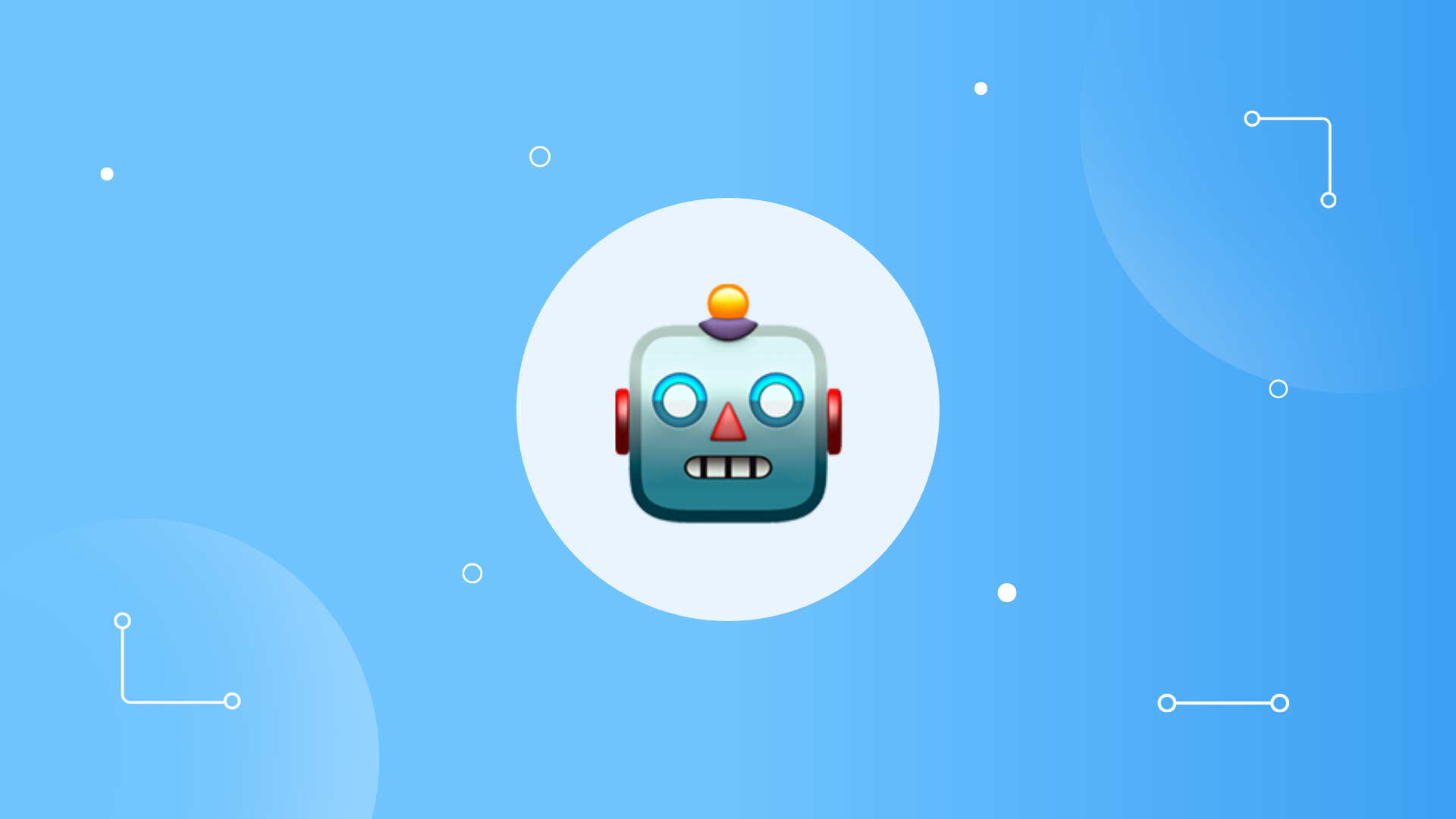Thinking Beyond the Status Quo
In an era where artificial intelligence is reshaping education, it’s tempting to believe that technology can replicate or even replace the human interactions that define effective learning. While AI tools are undeniably powerful, there remains an irreplaceable person-to-person factor in peer tutoring—something that scholars and educators alike recognize as fundamental to student success.
This essential human element is at the core of effective academic support. Peer tutors do more than provide answers; they build trust, establish meaningful relationships, and encourage students to engage deeply with course material. AI, while useful in some contexts, lacks the ability to create these connections, making it an inadequate replacement for the personalized support that peer tutoring offers. Maintaining academic integrity while integrating AI into learning environments requires careful consideration of how technology should complement—not replace—human interactions.
Beyond Knowledge Transfer: The Role of Empathy and Engagement
Human connection fosters trust, engagement, and a sense of belonging, all of which contribute to deeper learning experiences. Peer tutoring is more than just the exchange of knowledge; it’s a relationship built on shared experiences, empathy, and encouragement. Unlike AI, human tutors can adapt in real-time, read emotional cues, and provide personalized support that goes beyond answering questions. The importance of human touch in academic support services cannot be overstated, as personal relationships are crucial for academic success and student motivation.
While AI can generate responses based on vast datasets, it cannot recognize when a student is struggling emotionally or tailor its approach to fit different learning styles. Human tutors, on the other hand, can adjust their methods, ask clarifying questions, and ensure that students truly understand the material, fostering a deeper level of comprehension than AI can achieve.
The Balance Between Technology and Human Expertise
Technology certainly has a role to play in enhancing learning outcomes, but responsible implementation is key to ensuring it supports, rather than replaces, meaningful academic interactions. When integrated thoughtfully, technology can create efficiencies and expand access to resources while still prioritizing the essential human elements of support services. Technology can create meaningful results in higher education, but only when it is used to empower, rather than replace, human-led initiatives.
Rather than viewing AI as a replacement for peer tutoring, institutions should consider how it can complement human efforts. AI can help with administrative tasks, content generation, and practice exercises, freeing up human tutors to focus on relationship-building and deeper engagement with students.
Investing in Peer Learning for Student Success
As institutions explore new ways to support students, it’s crucial to recognize that the most effective learning environments are those that leverage both human expertise and technological innovation. AI may assist in many areas, but when it comes to fostering the relationships and nuanced understanding that drive true academic growth, there is no substitute for peer-to-peer learning. ChatGPT will never replace peer tutoring because the act of learning is fundamentally social—students thrive when they can interact, ask questions, and receive support from someone who understands their challenges.
Knack empowers students through peer tutoring, fostering meaningful academic support and personal growth. Learn more about how peer learning can transform student success by visiting Knack.
